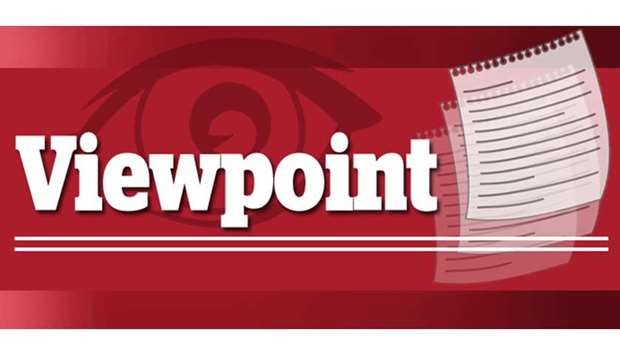Danske Bank has already admitted that about $234bn flowed through a tiny unit in Estonia between 2007 and 2015 mostly in “suspicious” transactions.
The whistle-blower has now accused Danske management of offering to pay him to keep quiet. In his first public appearance since the scandal erupted, Howard Wilkinson told lawmakers in Copenhagen that he was offered a severance package to stay silent about the suspicious funds that gushed through the Baltic unit where he worked as head of trading until 2014.
The testimony also raises serious concerns about the extent to which money laundering is rampant in Europe.
Other banks are being drawn into the probe.
Deutsche Bank, Bank of America and JPMorgan Chase & Co are reportedly being scanned by US criminal investigators for information over the case.
At least 10 banks were involved in the Danske laundering scandal, including three “Danske entities,” Wilkinson said on Monday.
The European commission has described the money-laundering case at Denmark’s largest bank as “the biggest scandal” in Europe.
Deutsche Bank has been ordered to improve its controls to prevent money laundering and the financing of terrorism by Germany’s markets regulator.
The BaFin instructed Deutsche Bank to “take appropriate internal safeguards and comply with general due diligence obligations” under German law.
Deutsche Bank had acknowledged in August that its anti-money laundering processes remained inefficient more than a year after it was fined almost $700mn for helping wealthy Russians move money out of the country.
Banks in Denmark, the Netherlands, Latvia and Malta have all been linked to criminal inflows from countries including Russia and North Korea.
The US Treasury Department found out that ABLV, a Latvian lender, was involved in “institutionalised money laundering,” prompting EU authorities to withdraw its banking licence. A report by the European Banking Authority (EBA) concluded that the Maltese regulator had “failed to conduct an effective supervision” of Pilatus Bank.
EU banks can set up branches across the union on preferential terms thanks to its so-called passporting system. It strengthens the case for more centralised supervision.
The European Commission has unveiled new plans to crack down on money laundering. But instead of setting up a new unified agency and equipping it to do the job, Europe plans to keep relying on national authorities, some of which are seen not up to the task.
Brussels wants to give new powers to the EBA, so that the agency can tell national supervisors to investigate cases and consider possible sanctions. This is a step in the right direction.
There’s no such thing as a zero-risk country for money laundering, according to the Basel Institute on Governance, a nonprofit. Cross-border illicit money flows are helped by weak enforcement, politics, accountability and reporting standards.
In a wider sense, the Danske Bank scam is not just about governments and regulators expressing outrage and taking knee-jerk actions. The ultimate test is about whether anti-money laundering stays high as a national priority when the dust has settled on Danske.

